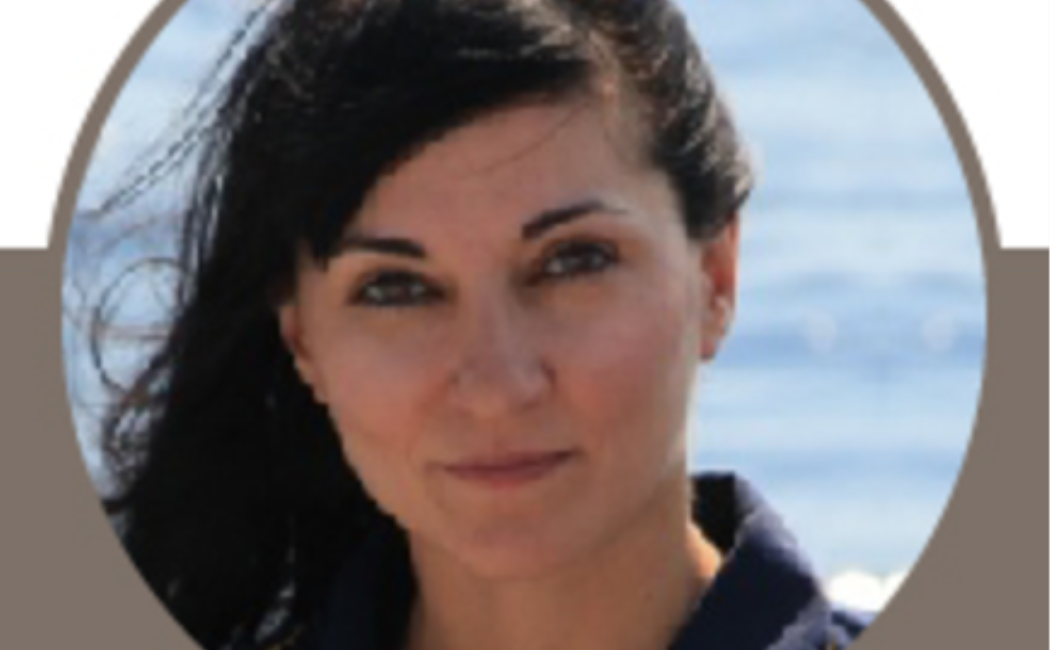


12 September, 2017
TITLE: Marine Extreme Environments and Genomic Observatories: What Microbes Can Tell Us?
DATE: Wednesday, September 13, 2017
TIME: 8:45 - 9:45 a.m.
LOCATION: Building 2 · Level 5 · Room 5209
ABSTRACT:
Similarly to the Red Sea, the Eastern Mediterranean is a dynamic region with unique hydrographic and geomorphologic features (e.g. Mediterranean Ridge) that concentrates a wide variety of the most peculiar microbial habitats that can be found on Earth. These include highly oligotrophic coastal and deep sea ecosystems, extreme environments, such as hydrothermal vents, gas chimneys, submarine volcanoes, seamounts, deep abyssal plains, anoxic marine caves, etc. Over the last years, our research has focused on the use of state-of-the-art molecular tools to investigate microbial community structure and its function in ecosystems of major economic (e.g. tourism, fisheries, biotechnology), ecological and scientific value that span from highly oligotrophic coastal environments to extreme active submarine volcanoes. In this context, two major research directions have been pursued: a) the microbiological exploration of the Hellenic volcanic arc with special focus on a unique CO2-rich submarine volcano that can serve as a natural laboratory for ocean acidification studies and b) the establishment of a marine genomic observatory allowing the investigation of microbial life in the oligotrophic ecosystems of the eastern Mediterranean vulnerable to climate change. Our results uncover the magnitude of microbial and habitat diversity along the eastern Mediterranean Sea and provide valuable insights about the role and function of marine microbial life.
Read more: https://bese.kaust.edu.sa/bese-calendar/Pages/BESE-Seminar-Polymenakou.aspx